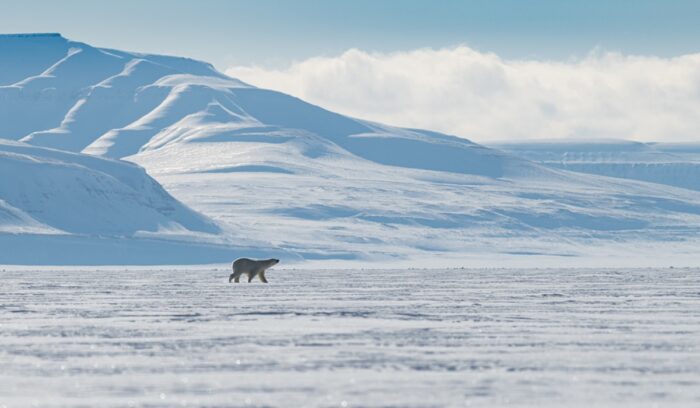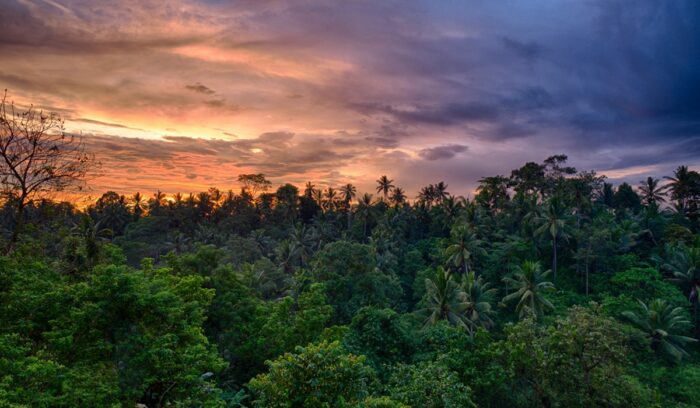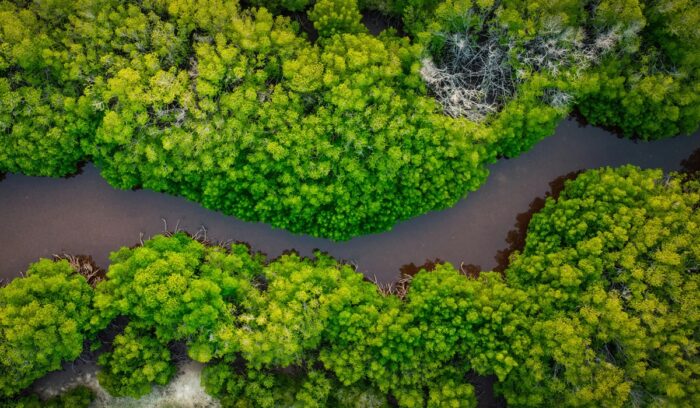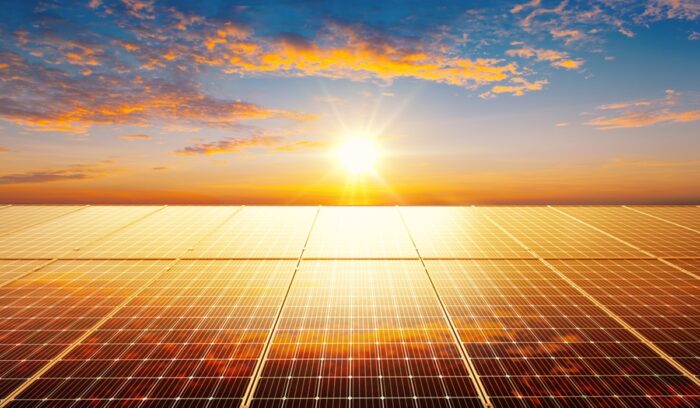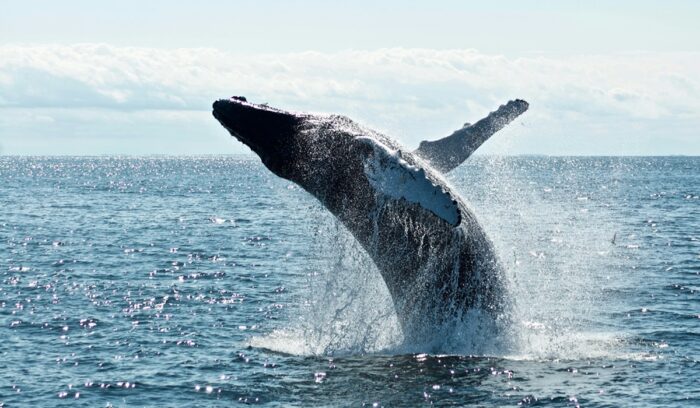India aims to achieve debris-free space missions by 2030
Low Earth orbit is littered with about 30,000 objects larger than a softball and millions smaller than a centimeter. A bombshell study found unexpectedly high amounts of vaporized metals polluting Earth’s stratosphere, which is home to the fragile ozone layer, whose chemical makeup can be altered by satellite material. Another study posted to the preprint server arXiv suggested that debris from burning satellites could be altering our planet’s magnetic field.


